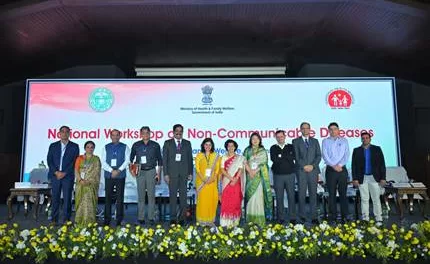In a groundbreaking achievement for personalized nutrition, Italian researchers have successfully cultivated microgreens with customized nutritional profiles, aiming to meet individual dietary requirements. The study, detailed in the Journal of the Science of Food and Agriculture, focused on four distinct species—radish, pea, rocket, and Swiss chard—and honed in on iodine and potassium, two vital nutrients crucial for health and nutrition.
Iodine is essential for thyroid function, impacting approximately two billion people globally when deficient. Traditionally, fortifying table salt with iodine has been a global strategy to combat deficiency, alongside dietary sources such as fish, milk, and eggs. However, changing dietary patterns, including a rise in vegetarian and vegan lifestyles coupled with World Health Organization recommendations to reduce salt intake, have increased the demand for alternative iodine sources.
The researchers adopted a soilless cultivation system, utilizing a liquid medium instead of soil and feeding plants through a nutrient solution. Professor Massimiliano Renna, from the University of Bari Aldo Moro, highlighted the importance of personalized nutrition, stating, “Soil-less biofortification of vegetables has opened the door to the potential for adapting vegetable production to specific dietary requirements.”
By using tailored nutrient solutions for plant growth, the team successfully cultivated microgreens with iodine content up to 14 times higher than unfortified counterparts, providing a novel dietary source of iodine. Additionally, they managed to grow microgreens with a 45% reduction in potassium levels, catering to individuals with chronic kidney disease, where potassium intake must be restricted to avoid health complications.
Renna emphasized that while conventional cooking methods might reduce potassium content through leaching, this process could also result in significant losses of other vital minerals and vitamins. The cultivation of vegetables with low potassium content, as demonstrated by the study, offers a promising avenue for addressing the dietary needs of specific health conditions.
Crucially, the study was conducted in a commercial setting at Ortogourmet, a working microgreen farm in southern Italy, demonstrating the feasibility of cultivating customized microgreens on a large scale while maintaining optimal agronomic performance.
Looking ahead, the researchers are now exploring the manipulation of biological pathways in plants to produce desired compounds, further advancing the potential for personalized nutrition and innovative agricultural practices.











